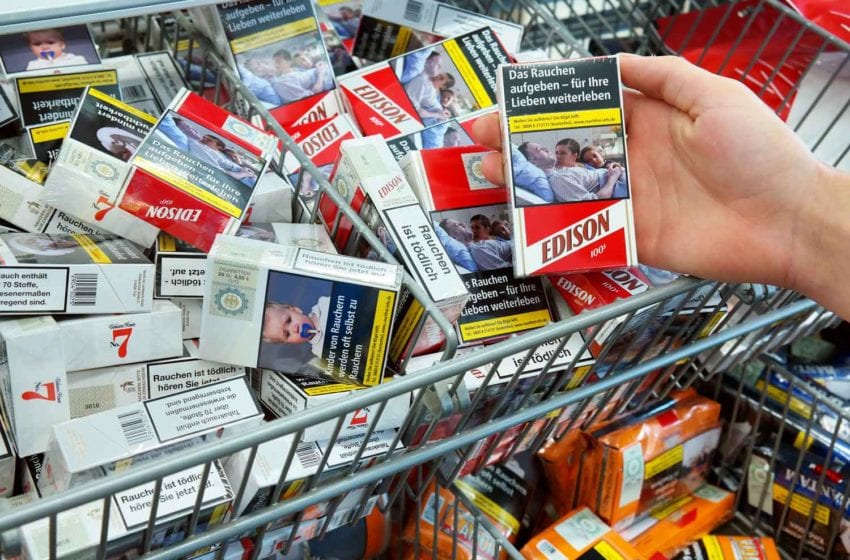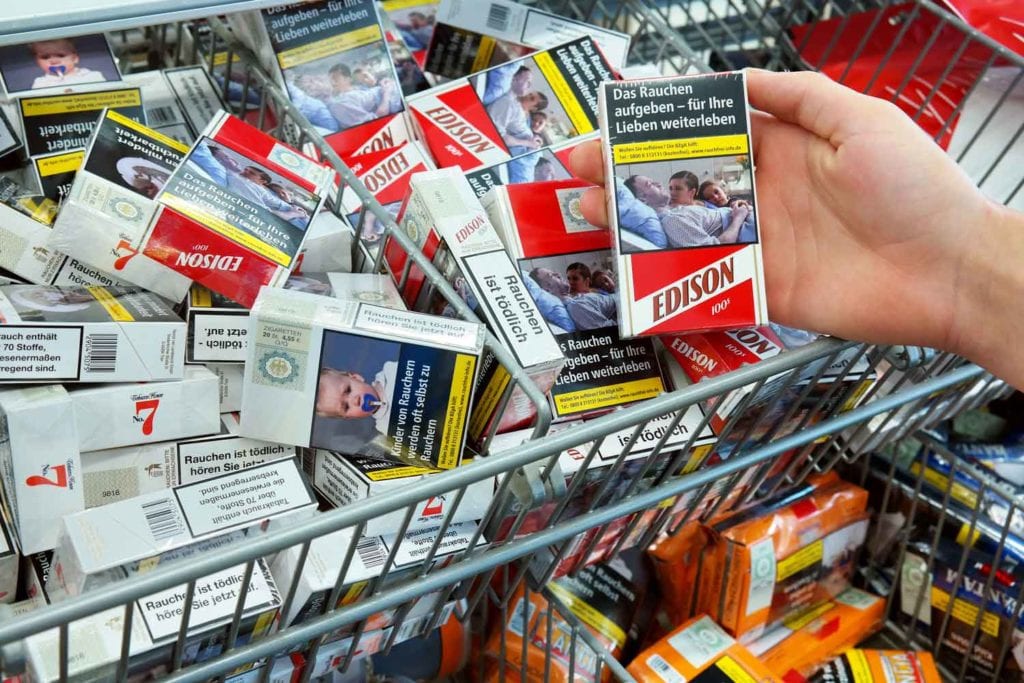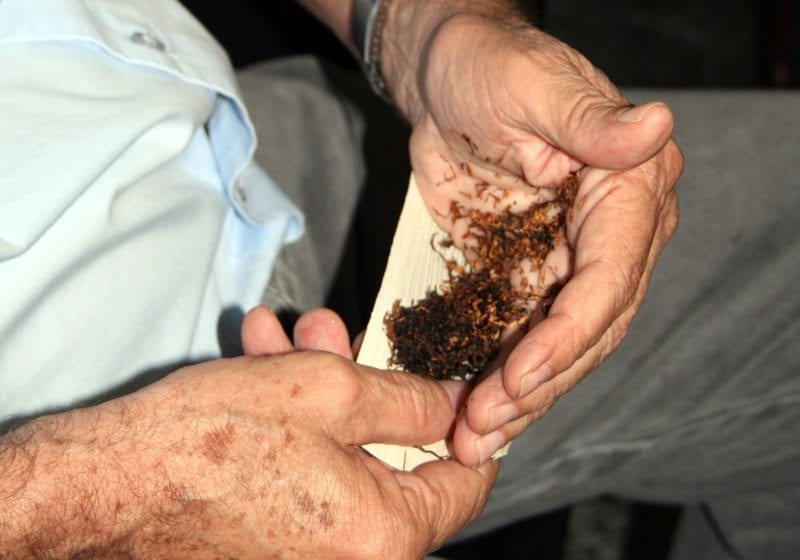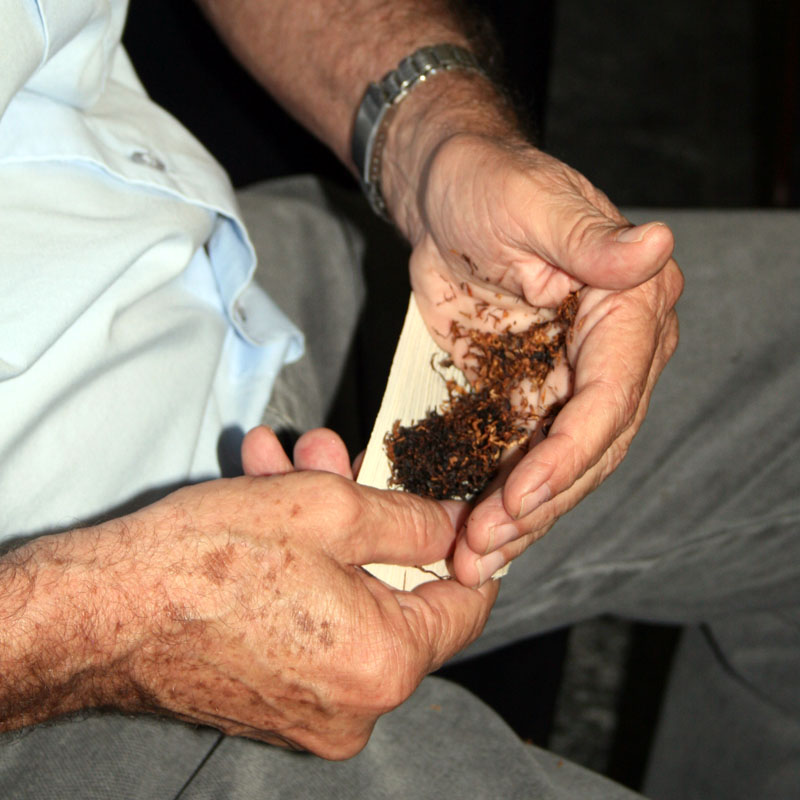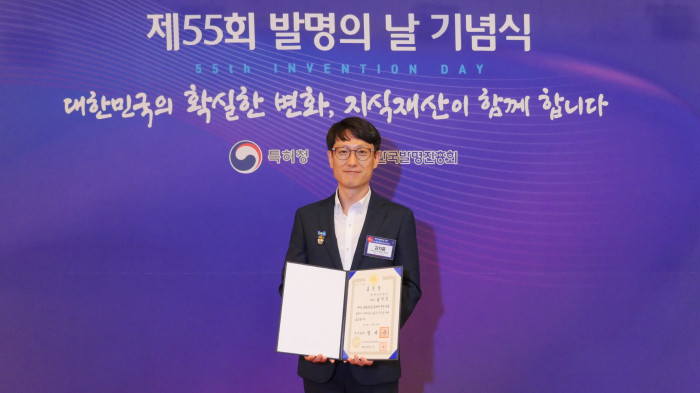
Women make up roughly half of the population, yet they remain underrepresented in many industries, especially among the senior echelons. In the tobacco industry, for example, women account for only 30 percent of the workforce, 21 percent of management and 20 percent of boards.
That represents a missed opportunity, not only for the individuals involved, but also at the corporate level. Research carried out by the FP Analytics Division of the U.S.-based Foreign Policy Group reveals that companies with more women in executive management and on boards outperform those with fewer women in such positions.
Companies with higher shares of women in senior management are not only more profitable, they also are more transparent and have significantly higher environmental, social and governance ratings. According to a 2019 report by the International Labour Organization, enterprises that promote gender diversity are 59 percent more likely to achieve greater creativity, innovation and openness than their more homogenous counterparts.
In the tobacco industry, women are helping drive the much-needed transformation to a more sustainable and inclusive future. Among other things, they are pushing their companies to focus on harm reduction, promoting greener farming practices among tobacco growers and advocating for equal pay.
During TMA’s 2020 virtual conference, an expert panel moderated by Regulation Strategy’s Patricia Kovacevic examined the barriers facing women throughout the employment pipeline and explored possible solutions. Drawing on research and personal experiences, the panelists agreed that the goal should not be to ‘fix’ women but rather to change the way people think about the workforce and leadership.
They also stressed the importance of mentorship, gender pay gap reporting and accountability. And they called on industry leaders to signal that gender equality and inclusivity matters to them—not just because it is ethical but also because it is good for business.
Click here to view this inspiring discussion.


